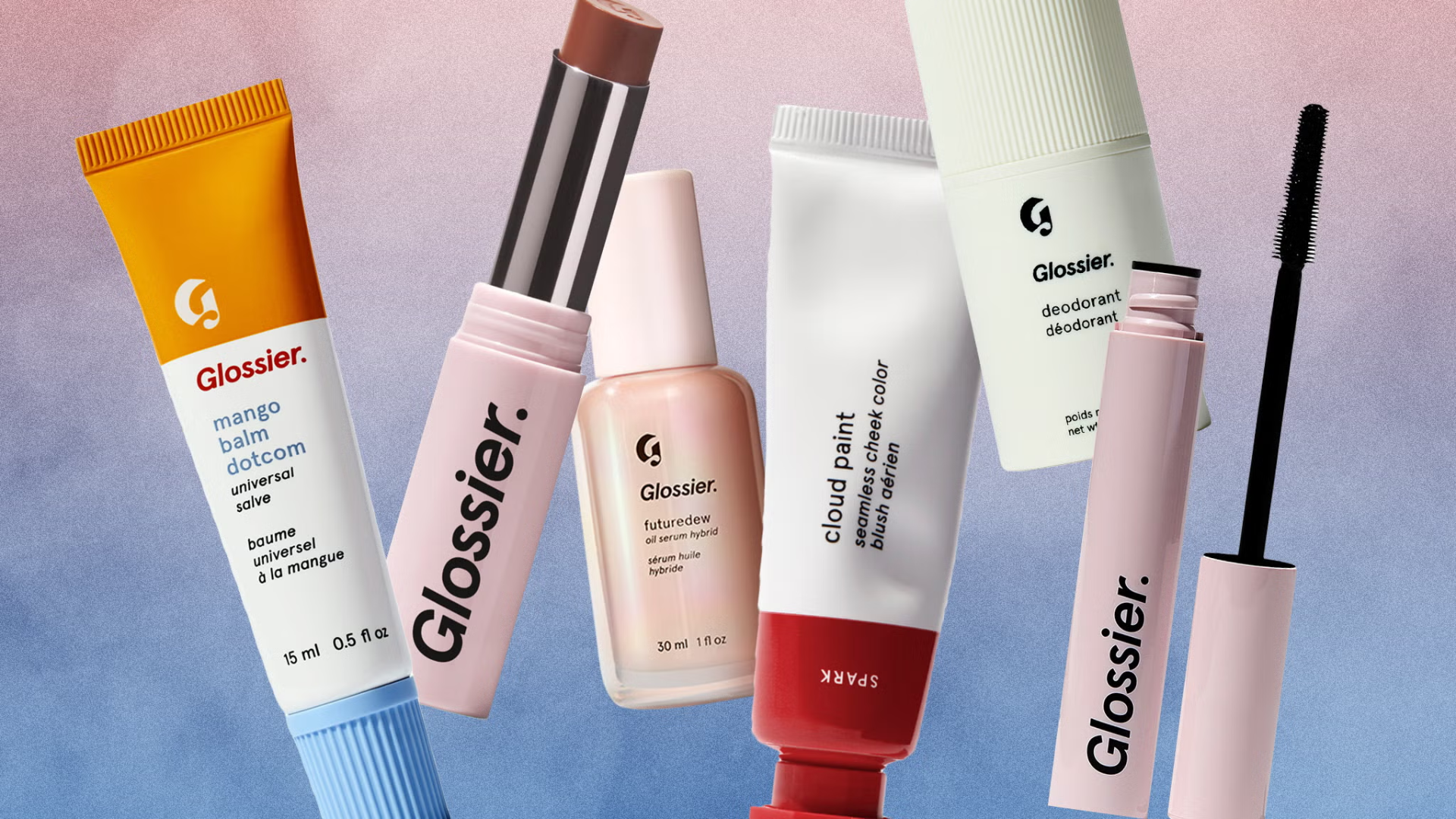Glossier, one of the most representative brands of the digital revolution in the beauty sector, has announced that Kyle Leahy will step down as CEO at the end of 2025. Although she will leave the executive management, Leahy will remain as part of the board of directors to collaborate in the transition and in the search for her successor. This departure marks a key moment for the company, which enters a new strategic phase after years of profound transformation.
Founded by Emily Weiss in 2014, Glossier was born with a clear vision: to prioritize skin care over makeup and build an authentic community around a minimalist and direct-to-consumer aesthetic. This approach quickly turned the brand into a cultural and business phenomenon, reaching a valuation of over 1.2 billion dollars. However, exponential growth also brought challenges. As the market became saturated and consumer habits evolved, Glossier faced the need to redesign its operating model.
It was in this context that Kyle Leahy assumed leadership in 2022, after having held positions in companies such as Nike and Cole Haan. Her arrival coincided with a stage of internal readjustment: the company closed physical stores, reduced staff and reorganized its product portfolio. Under her direction, Glossier went from being a firm focused exclusively on direct online sales to adopting a much broader omnichannel approach. Among the most important milestones of her management is the landing in retailers such as Sephora in the United States and Canada, Mecca in Australia and Space NK in the United Kingdom, which allowed the brand to increase its retail sales by more than 80% during the last year.
In addition to this commercial expansion, Glossier strengthened its brand identity through new strategic collaborations. At the same time, work was done on internal efficiency, margins were improved and a more profitable operating model was established. In the words of Leahy herself, "Glossier is bigger and stronger than ever today. This is the right time for a new CEO to lead the next phase of growth." Her departure does not imply a rupture, but a planned transition that responds to the maturity reached by the company. With a more solid, stable and scalable business, Glossier is preparing to consolidate its international presence, innovate in new categories and strengthen its connection with the global community of customers that it has cultivated since its inception.
This change in leadership reflects a broader trend in the beauty industry: the transition of digital brands born with a disruptive spirit towards more robust structures, with the capacity to compete globally without losing authenticity. Glossier, which at the time was the symbol of "beauty 2.0", is now in a stage of strategic evolution where profitability, multichannel execution and loyalty to brand values are more important than ever.
For the industry, the Glossier case is a reminder that innovation is not only measured in design or engagement, but in the ability to adapt with agility to new market scenarios. The future of beauty is not only digital or physical, but hybrid, emotionally relevant and financially sustainable. Glossier is writing that next chapter.
